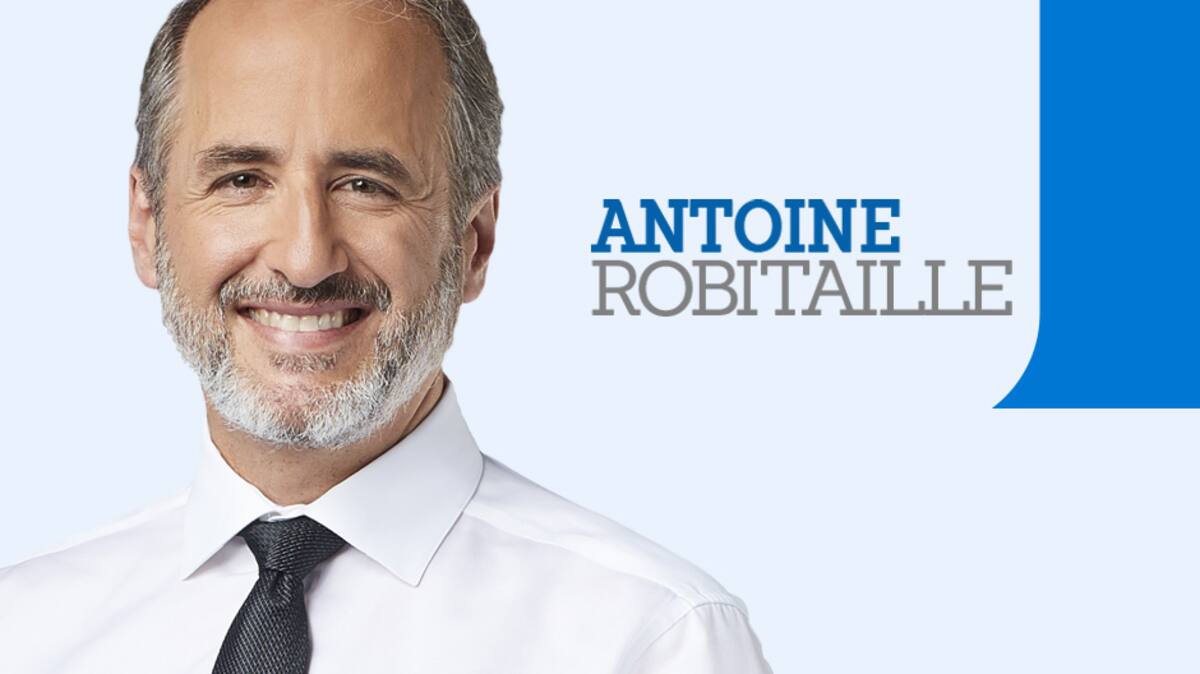For a long time, what is international has been popular with us.
Any festival wants to be “international”, sometimes to the point of caricature. Almost every young person dreams of an “international” career.
In the old days, in the world of education, everything that was labeled “classic” shone.
Nowadays, there is nothing like a diploma which includes the famous term: “international” baccalaureate; “international” studies, etc.
The cardinal value taught in our school system and in our companies is to match: “openness to the world”.
I remember a back-to-school activity my children had a few years ago when each class had “adopted” a country. The schoolyard, transformed into a forest of flags, looked like the UN gardens. (But a group displaying the Quebec flag, there was no …)
We certainly cannot absolutely condemn this trend. It includes a healthy incentive to curiosity and change of scenery.
“Travel shapes youth”, as the old adage goes to the mind of the mononc (that I become more and more every day and that takes responsibility).
The trouble is that this “openness” has often been understood as an incentive to neglect our national realities, or even to close oneself to them. To lose interest in “us”.
In the faculties of political science at the university, for example, non-compulsory courses on “national” politics – Quebec and Canada – are apparently deserted. Make the students yawn. We rush to those with “international” dimensions.
The career of the new leader of the Parti Québécois, Paul St-Pierre-Plamondon (PSPP), is the perfect embodiment of this “internationalist” vogue. (We don’t have enough space to explore a sister trend, borderlessness.)
PSPP was trained as a citizen of the world: he studied in England, Norway, among others. As a young lawyer, he pleaded in Bolivia and elsewhere.
Yet here he is at the start of his forties, embarking on a career at the national level; and even to lead a tired party that wants independence for Quebec.
Paradox? It must be said that the great sovereignists have often been real enthusiasts for international relations: René Lévesque, Claude Morin, Louise Beaudoin, Jacques Parizeau, Bernard Landry, etc.
At Qub recently, I raised the issue with PSPP. His response: “Those who say they are open to the world and at the same time curse – or are contemptuous of – the preservation of the world’s cultural diversity, are people who have not traveled for the trouble.”
In his eyes, anyone who “travels for the sake of trouble” has a good chance of becoming a sovereignist, since he returns home, appreciates Quebec, but discovers that it is deprived of the “normal” attributes of most nations.
I am far from certain that the phenomenon is automatic. But I have also already observed, with frequent travelers, that “a little international takes away from the nation while a lot brings back there”.
Not to mention that with the current situation, with the consequences of the pandemic, we have no choice but to rediscover the virtues of the “local” and of a certain “de-globalization”.
 Canada Live NEWS – 24/7 Breaking Headlines & Updates Canada Live News is one of the largest news curating sites across Canada which is made exclusively for Canadian people.
Canada Live NEWS – 24/7 Breaking Headlines & Updates Canada Live News is one of the largest news curating sites across Canada which is made exclusively for Canadian people.
